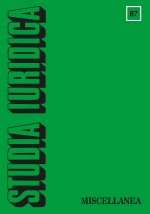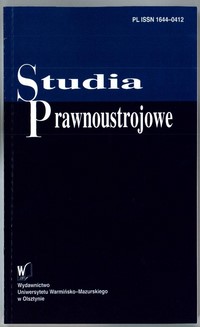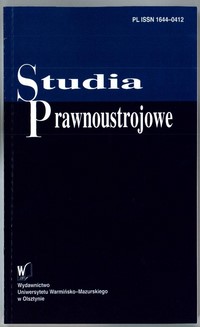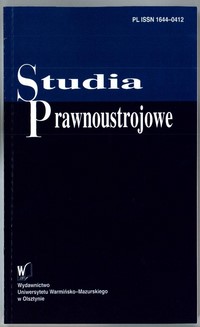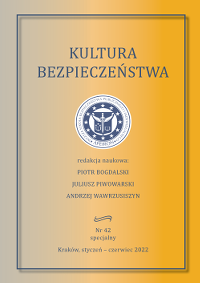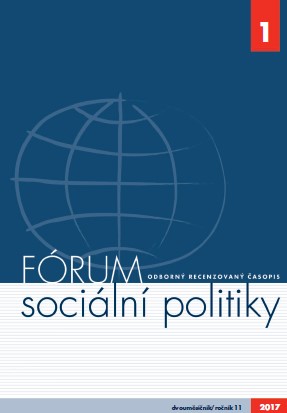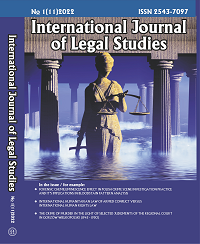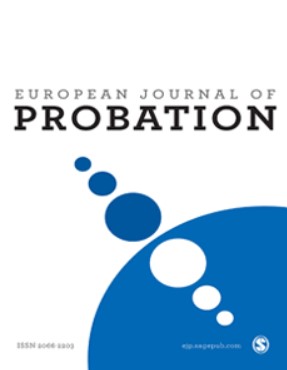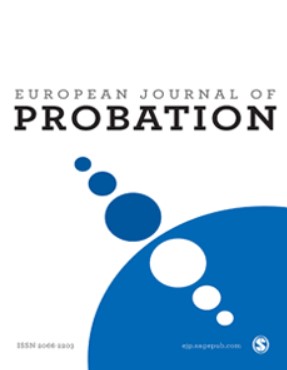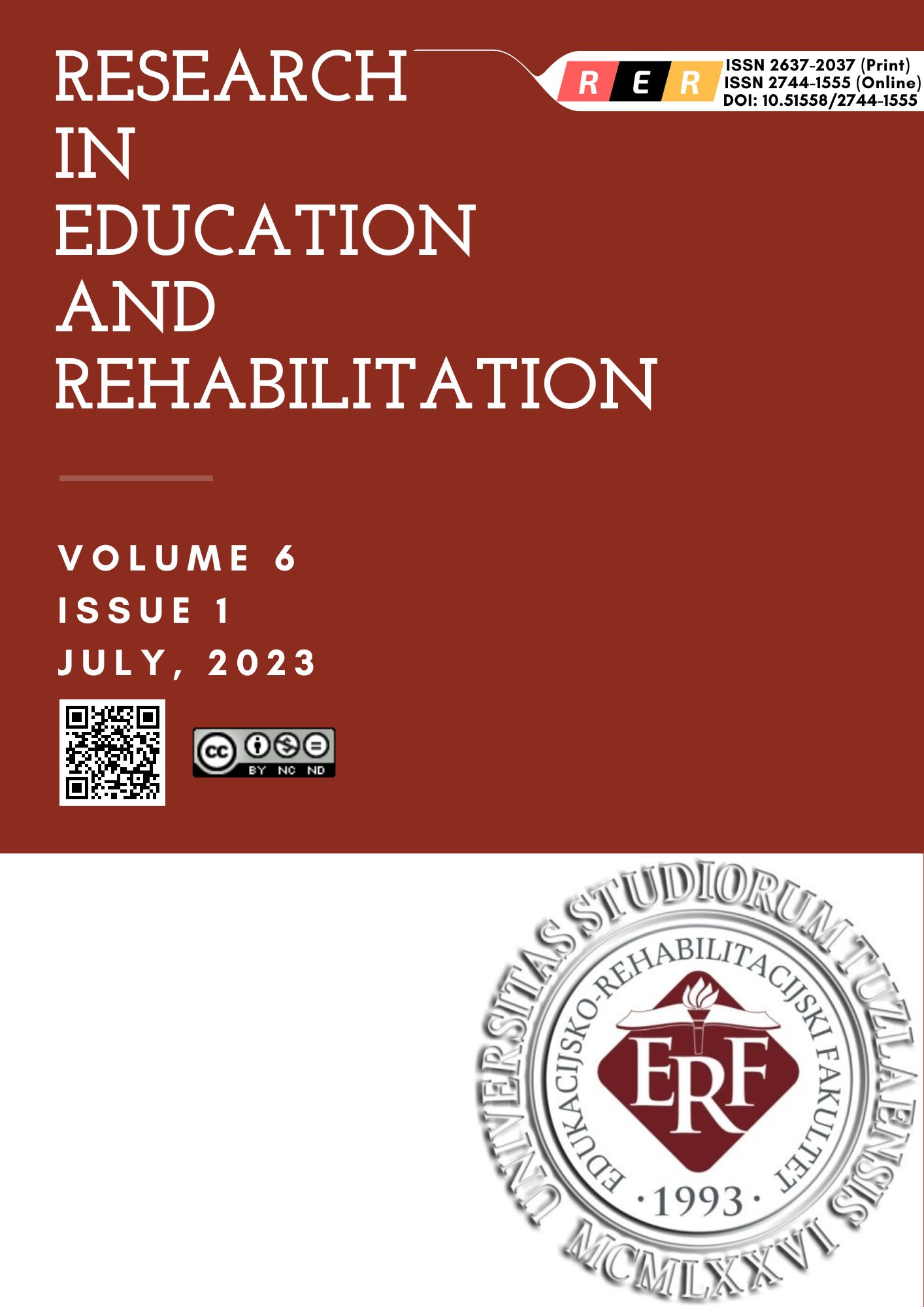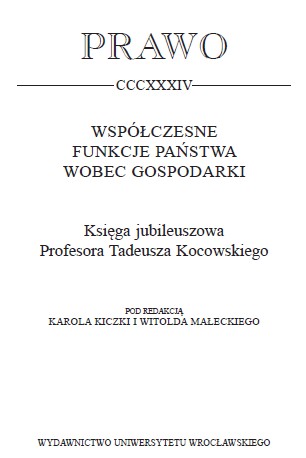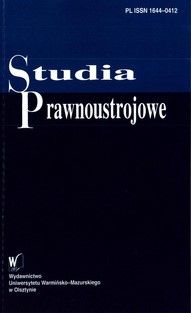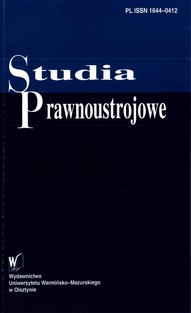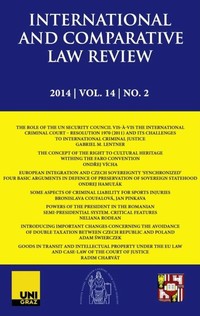
Criminal Responsibility and the System of Sanctioning Juvenile Offenders in the Czech Republic and Hungary
The criminal responsibility and the system of sanctioning juvenile offenders is one of fundamental criminal law issues. Individuals who start a criminal career early on are usually not easy to reintegrate into normal life. That is one reason why it is necessary to discuss the problem of juvenile justice in depth. The legal literature in the Czech Republic is devoted to this topic on a large scale, however Hungarian legislation has not yet been analysed fo purposes of comparation. The Czech Republic and Hungary fall under the United Nations categorization to Eastern Europe and therefore certain similar features can be assumed. On the other hand any identified differences may be the basis for future changes of the legislation.
More...
